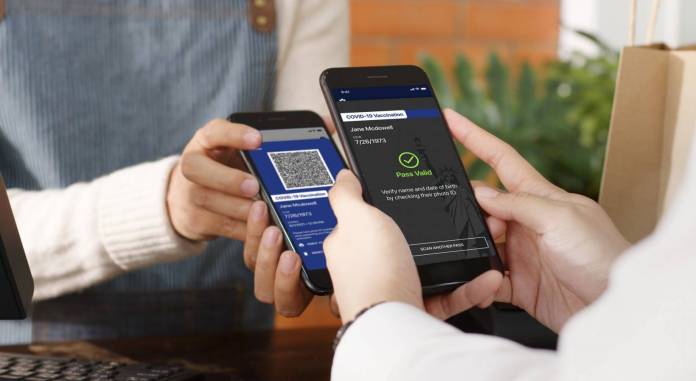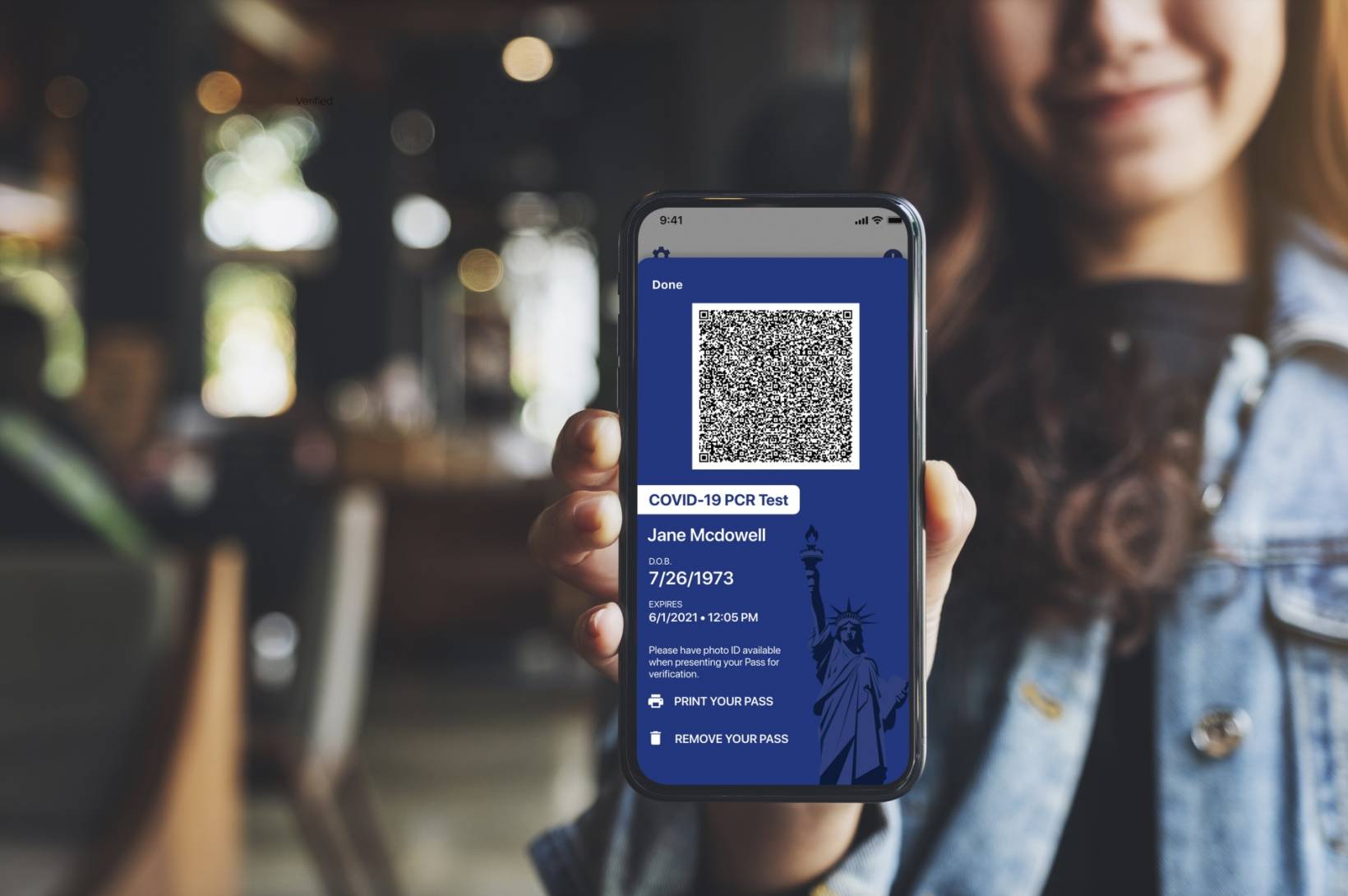
When the vaccines for COVID-19 started to become a reality, some were speculating that soon we will have a sort-of vaccine passport once events and travel started getting back to normal. Looks like New York State is the first one to have something like this as they have announced the launch of the Excelsior Pass. This is a free , voluntary, and secure platform in partnership with IBM that people can use to carry their vaccine or negative PCR/Antigen results and business and venues can use to make sure people entering their premises are “safe”.
The app works similar to a mobile boarding pass that you used to board airplanes (remember them?). It will have all the COVID-related information of the user, including date of the most recent vaccination or negative results of PCR or antigen test. There will also be additional information like a driver’s license to verify that it is indeed you. Users can use it to gain entry to events or venues and use as proof that they are healthy, at least coronavirus-wise. The app will have a QR code that can be scanned by businesses and venues with the companion app to verify the data.
This kind of identification system will be able to fast-track the opening of businesses as well as concerts, sports events, theaters, wedding receptions, and other similar events. On the business side, venues and businesses will be able to sign up as the economy starts to re-open. Right now, only venues that have a 10,000 capacity will be allowed to open and with a 10% limit and the basic health standards like social distancing measures, mask-wearing, and temperature-taking.

Some major venues like Madison Square Garden in New York City and the Times Union Center in Albany will be using the Excelsior Pass. By April 2, it will expand to smaller arts, entertainment, and events venues. They already conducted two pilot demonstrations in recent weeks where thousands of New Yorkers beta tested the app in a limited rollout and gave their feedback on both the user interface and the results.
The Excelsior Pass is built on IBM’s Digital Health Pass solution so they assure users that they are able to get and store information and verify health credentials without needing to share other medical and personal information. The pass can also be printed in case users want to have a paper rather than an app. Let’s see how New Yorkers will react to it and use it since this is still after all, a voluntary kind of passport.









